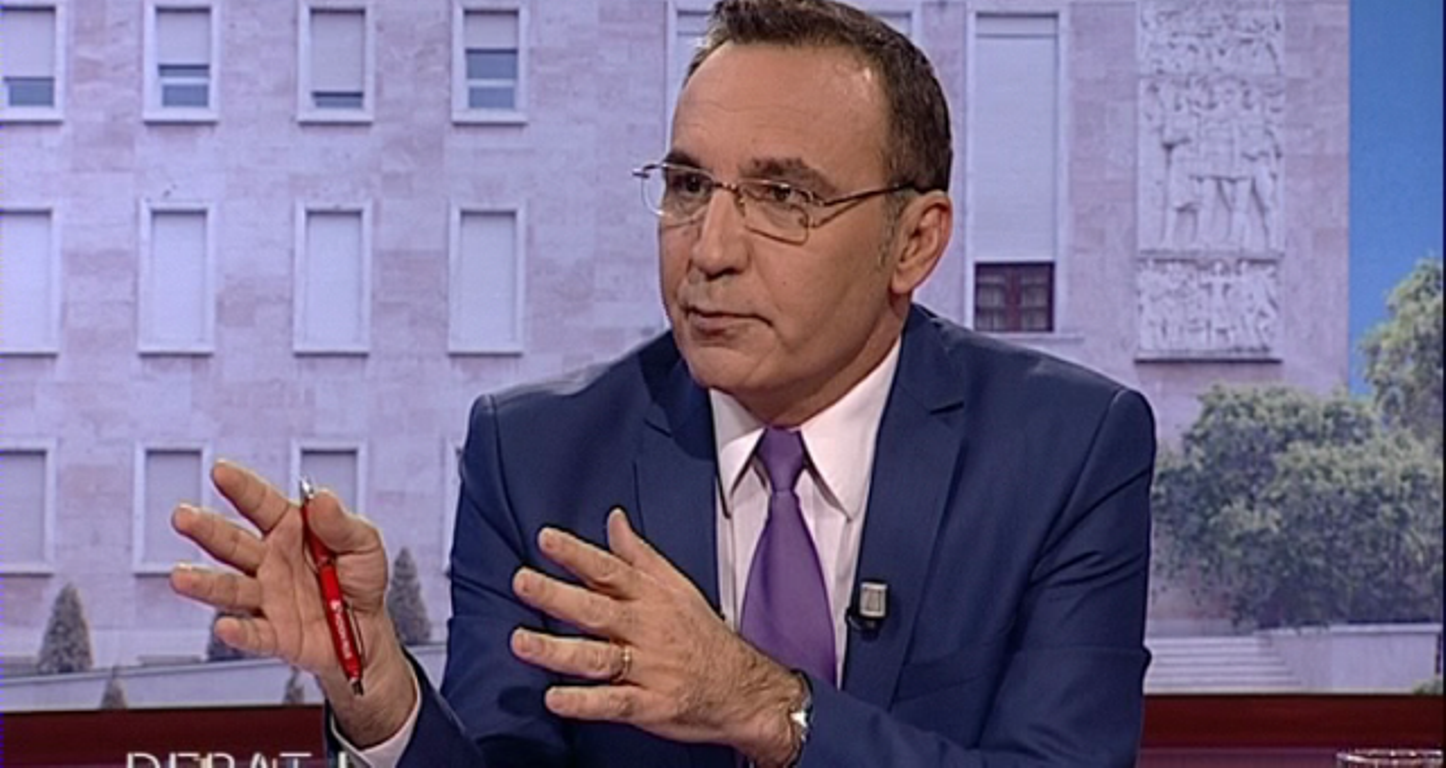
By Eduard Zaloshnja
Rreshen-Kalimash road segment, which is part of the Albania-Kosovo highway had an average cost of 13 million euros per kilometre. Although this was a relatively difficult mountain terrain with a 6 km tunnel with 2 lanes on each side and tens of bridges, the excess cost for this project was 3.5 million euros per kilometre. For this excess cost, the prosecution filed a lawsuit against Lulzim Basha (Minister of Transport at that time), but he managed to get away with it thanks to legal technicalities in the procedure.
When Berisha left office, the government owed 720 million USD to construction companies and other companies which had carried out works for the government. This figure was a hidden debt which did not appear in the official figures of public debt.
With the arrival of Edi Rama in power, the standards applied by the previous government were preserved. New highways, whose terrains are not as difficult as the one for Rreshen-Kalimash, also have an average cost of 13 million euros per kilometre. Meanwhile, the amount of money owed to construction companies or service companies is no longer accounted for as an arrear, but their payment is made by future instalments through the PPP formula. Meanwhile, once again, these amounts do not appear as public debt.
But what is the amount of these hidden debts?
According to the 2019 draft budget, annual interests for the official public debt accumulated throughout the years amount to 250 million euros. Meanwhile, annual payments for contracting companies (some of which have been carried forward since the time Berisha was in power) amount to 100 million euros in 2019. And with the increase of PPP contracts, this amount will increase from one year to the other.
For this reason, IMF and World Bank have advised the Albanian government not to outsource other services, because a future government will not be able to pay the instalments of the official public debt and the PPP instalments.
But we do need new highways, do we not? And we also need some services which are better carried out by private companies. Do we need to sacrifice in the future in order to have them today?
In fact, we don’t need to make such sacrifice. If we were as efficient as our northern neighbours, Montenegro and Serbia in the collection of taxes, then an extra 1.3 billion euros would enter the treasury’s coffers. This amount would be enough to fund all annual outsourced projects.
So, Serbia is planning to collect around 42% of GDP worth of taxes, Montenegro is planning to collect 40%, while Albania is only planning to collect 28% of GDP. If we imagine the national economy as a tree which produces 100 fruits, the Serbia collects 42 fruits from the tree, Montenegro collects 40 and Albania only collects 28 (the size of the fruit in each country changes depending on the size of the respective economy, but the number of collected fruits indicates the efficiency of the collection when there’s a similar tax system in place).
The biggest difference in the amount of tax which is collected (compared to our two northern neighbours) consists of the VAT and social and health insurance contributions. Meanwhile, all three of these countries have similar tax systems (in Serbia and Albania, maximum VAT tax is 20%, in Montenegro it’s 19%, while the rates applied for social and health contributions are almost identical).
But, despite the similarities in tariffs, revenues from VAT in Montenegro are estimated to be around 14.6% of GDP, 10.5% in Serbia and only 8.8% of GDP in Albania. Revenues from social and health contributions in Serbia are estimated to be 12.7% of GDP, 11.8% in Montenegro and in Albania they’re estimated to be 5.6% of GDP.
In order not to accuse just one government for this, we should stress that this sort of low efficiency in tax collection (compared to our two northern neighbours) has also been the case with previous governments (as a result of tax evasion or the failure to include all economic players in the taxation system). In fact, in the recent years, tax collection performance has improved a little, however, it remains low. If the amount of tax collected from VAT and social and health contribution were to be the same as in our northern neighbours, then the State Treasury would collect 5 billion euros and not 3.7 billion euros projected in the 2019 budget, namely an extra 1.3 billion euros...
Note: The views expressed in this article are the author's own and do not necessarily reflect Albanian Free Press’ editorial policy




 ALB
ALB
 ENG
ENG
